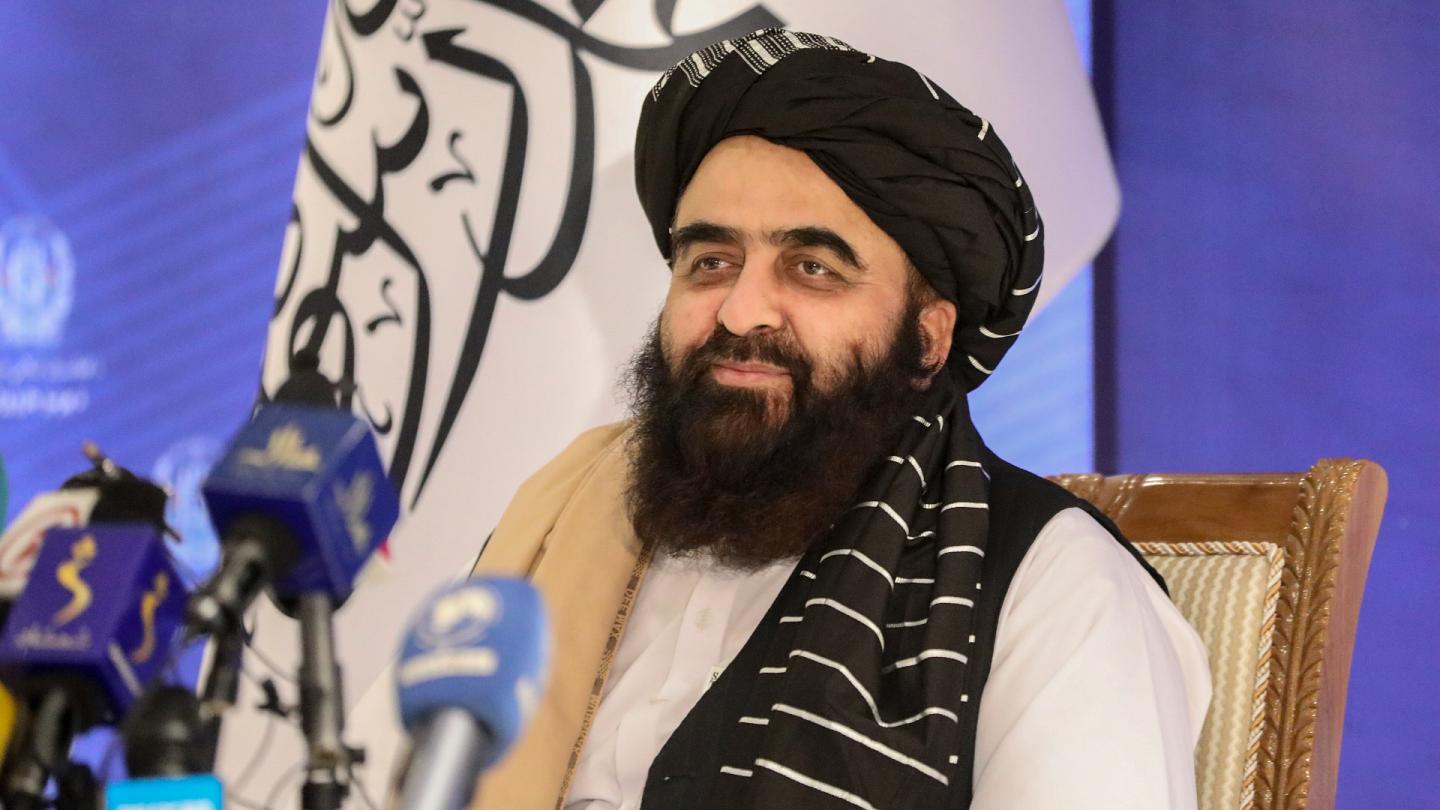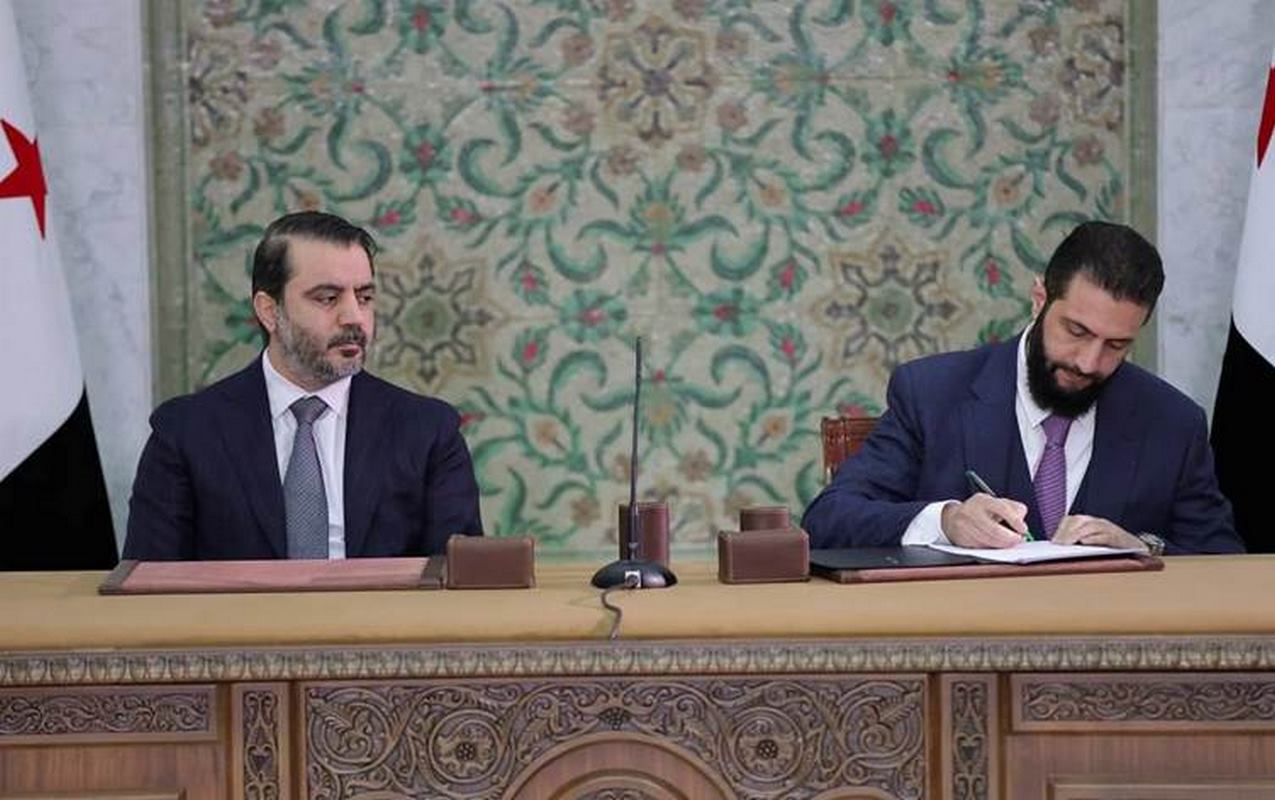The Taliban-controlled government in Kabul has welcomed an announcement by the Kingdom of Saudi Arabia that it would be resuming ambassadorial activities after a three-year interruption.
On Sunday, the Saudi embassy in Kabul wrote on X that “based on the government’s keenness to provide all services to the brotherly Afghan people,” the Kingdom would be resuming activities for the first time since the Taliban took power in August of 2021.
“We welcome the reopening of the Saudi Arabian Embassy in Kabul and assure them that the ministry will cooperate in all matters and pay close attention to their safety,” said a deputy spokesman for Afghanistan’s Foreign Ministry, Zia Ahmad Takal.
It is the most recent return to service amid a spate of embassy reopenings in the country ravaged by decades of war. Dozens of nations have begun to engage diplomatically with the new Islamic Emirate of Afghanistan, and as the custodians of the Two Holy Places of Mecca and Medina, the return of Saudi officials will surely be among the most high-profile.
However, not all of global Islam supports the Taliban government, with the Organization of Islamic Countries “deploring” edicts from Kabul, and still referring to them as the “de facto authorities.”
“The General Secretariat deplores this new restrictive decree barring women from pursuing medical education,” reads a press release from the OIC website in early December. “The General Secretariat has been quite hopeful that through its committed and constructive engagement with the de facto authorities in Kabul, positive measures would be deployed to lift any ban on Afghan young women and girls to access education in line with OIC’s Resolutions and women’s rights in Islam”.
“The General Secretariat insistently calls upon the de facto authorities in Kabul to revisit these latest measures,” it read.
Around 132,000 Afghans live in Saudi Arabia according to a 2022 census. This is half as many as live in the US, despite the Kingdom having just 10% of the US population. Takal said that ongoing discussions with Saudi officials will address questions and demands from this large diaspora.
China, Russia, Turkiye, UAE, Pakistan, Iran, Uzbekistan, Oman, Qatar, Turkmenistan, and Kazakhstan, have accepted Taliban-appointed ambassadors. Taliban-appointed officials are in control of 39 embassies worldwide that had previously been controlled by the Islamic Republic propped up by the United States. India and Pakistan have remained committed to the TAPI Gas Pipeline (Turkmenistan-Afghanistan-Pakistan-India) which will span over one thousand miles across these countries, and will include an Afghan segment controlled by the Taliban. WaL
We Humbly Ask For Your Support—Follow the link here to see all the ways, monetary and non-monetary.
PICTURED ABOVE: The Taliban Foreign Minister Maulvi Amir Khan Muttaqi. PC: alemarahenglish.af



